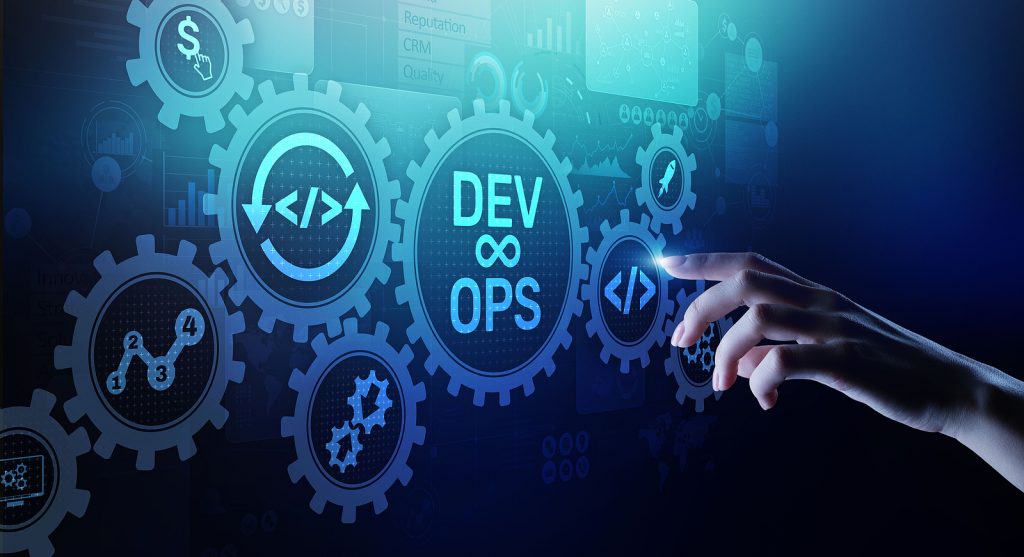A DevOps Engineer manages the complete software development cycle from development and coding to maintenance and operations. In other words, an IT generalist with detailed knowledge of coding, development, updates, functions, administration, interpersonal skills, and DevOps tool chains is referred to as a DevOps Engineer.
With the increase in demand for DevOps engineer in the market and their extraordinary salary, most youngsters aspire to become one. Various credible institutes are providing DevOps Training in Montreal. In this blog, you will explore the responsibilities and skills of a DevOps Engineer. So, let’s get started!
Roles and Responsibilities of DevOps Engineer
DevOps Engineers reduce the complexity by updating and changing the application to maintain reliability. The responsibilities of a DevOps engineer are not specified, as they vary from organization to organization. DevOps Engineers commonly deal with:
- Infrastructure management
- Release engineering
- Security System
- Administration system
- Development (coding)
- DevOps advocacy
Release engineering refers to the successful development and coding of the application. DevOps Engineers perform various operations in release engineering, such as selecting language to code, how much pipeline needs to be automated, choosing cloud or on-premise for infrastructure management and provision, maintaining development tools, and much more.
DevOps Engineers manage the servers, storage, and network resources required for successful application functioning in the infrastructure provisioning and administration system.
DevOps advocacy is the most argued and sometimes overlooked responsibility of DevOps Engineers. However, this is the most crucial part of the software development cycle. As DevOps methodologies can be confusing for the team members, it is the DevOps engineer’s responsibility to educate fellow members to succeed in collaboration.
Skills of a DevOps Engineer
While the technical skills are updated from time to time according to the required project and tools in use, here are a few top skills that a DevOps engineer must have to be successful:
- Communication and collaboration: Soft skills are often overlooked and ignored, but these are the most important to succeed in any industry. The DevOps engineer must communicate efficiently with the team to get the best collaborative results.
- System administration: DevOps engineers must be skilled in databases, server management, security monitoring, managing networks, and system patching. System administration is a base skill for DevOps Engineers.
- DevOps Tool Management: Being a DevOps Engineer, it is necessary to be experienced in all DevOps Tools. DevOps covers a variety of tools, and a DevOps engineer must practice using all related devices.
- Configuration Management: DevOps engineers must be skilled in working with various configuration management tools to automate the system where necessary.
- Collaborative Management Skills: These soft skills are core practices for DevOps management.
These are just a few skills for DevOps engineers. Becoming a pro in this industry requires much more skills and experience. Therefore, joining DevOps training is the best way to learn thoroughly.
Is It Easy To Become One?
With so many responsibilities and roles in DevOps Engineering, you might think it is challenging to become one. Although, if you choose the best DevOps Trainer, your journey to becoming a DevOps engineer will become much more manageable.




